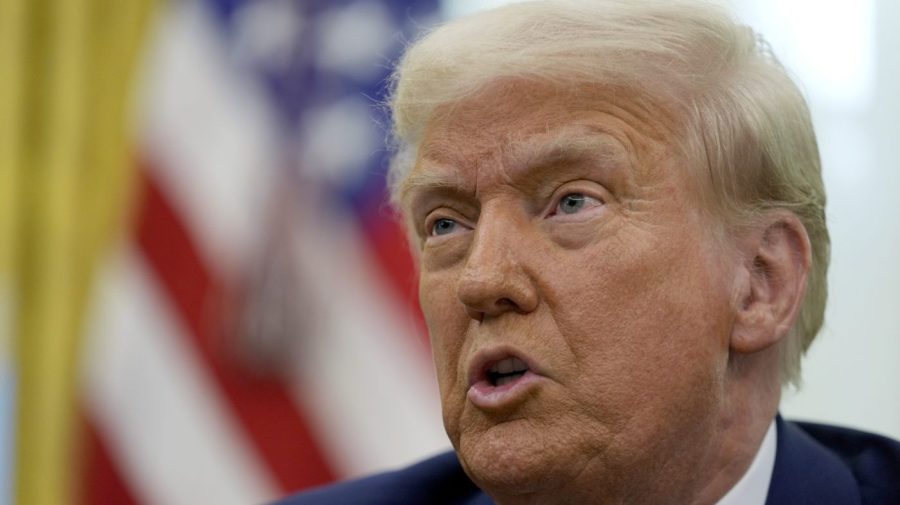Trump Criticizes McConnell for Opposing RFK Jr.’s HHS Confirmation
Former President Donald Trump has sharply criticized Senate Minority Leader Mitch McConnell for voting against the confirmation of Robert F. Kennedy Jr. as Secretary of Health and Human Services (HHS). The criticism comes despite McConnell’s personal history with polio, a disease he contracted as a child.
Key Points
Robert F. Kennedy Jr. was confirmed as HHS Secretary in a narrow 52-48 Senate vote.
Mitch McConnell was the sole Republican to vote against Kennedy’s confirmation.
Trump criticized McConnell’s vote, disregarding the Senator’s childhood experience with polio.
Kennedy’s nomination has been controversial due to his past statements on vaccines.
Background
Robert F. Kennedy Jr., an environmental lawyer and member of the prominent Kennedy family, was nominated by President Trump to lead the Department of Health and Human Services. Kennedy’s nomination sparked controversy due to his history of expressing skepticism about vaccine safety and efficacy.
Mitch McConnell, who survived polio as a child, has been a strong advocate for vaccines throughout his career. His opposition to Kennedy’s nomination aligns with his long-standing support for immunization programs.
The Confirmation Vote
The Senate confirmed Kennedy’s nomination with a vote of 52-48. All Democrats opposed the nomination, while Republicans, except for McConnell, voted in favor.
Trump’s Criticism
Following the vote, former President Trump publicly criticized McConnell for his opposition to Kennedy’s confirmation. Trump’s comments notably disregarded McConnell’s personal history with polio, a disease preventable by vaccination.
Implications
This incident highlights the ongoing tensions within the Republican Party, particularly between Trump and McConnell. It also underscores the complex dynamics surrounding vaccine policy and public health leadership in the current political landscape. Kennedy’s confirmation as HHS Secretary raises questions about the future direction of U.S. health policy, particularly regarding vaccine programs and public health initiatives.
Diverse Perspectives
Democrats have unanimously opposed Kennedy’s nomination, citing concerns about his past statements on vaccines and his lack of experience in health administration. Some Republicans, despite initial reservations, ultimately supported Kennedy’s nomination. Senator Bill Cassidy, a physician, voted for Kennedy after receiving commitments for regular meetings and advance notice of any planned changes to vaccine programs.
Public health experts and medical professionals have expressed concern about Kennedy’s appointment, given his history of questioning vaccine safety.
Conclusion
The confirmation of Robert F. Kennedy Jr. as HHS Secretary and the subsequent political fallout highlight the complex interplay of politics, public health, and personal history in shaping U.S. health policy. As Kennedy takes on this crucial role, his actions and policies will be closely watched by both supporters and critics alike.









